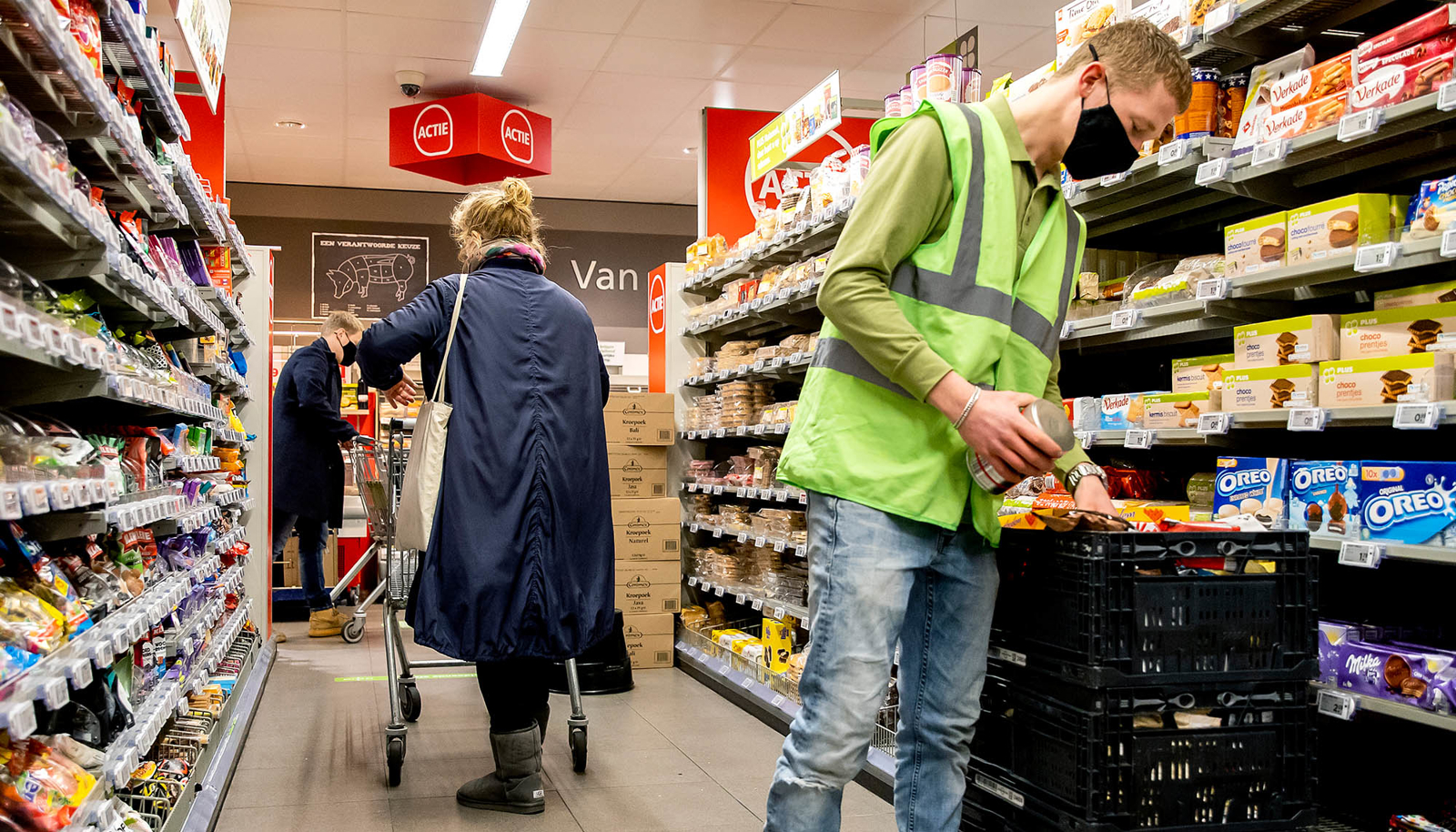Growing savings
The main reason for the exceptional growth of savings in 2020 is the coronavirus crisis, and the measures taken to contain the virus. While the disposable income of most households was maintained due in part to extensive government support, the lockdown measures and economic uncertainty led to a sharp fall in consumption. According to the most recent estimates, the saving rate – which reflects the relationship between savings and disposable income – stands at 11.1% in 2020. By comparison, in 2019 it stood at 3.1% (Economic Developments and Outlook, December 2020).
Preference for liquid forms of savings
10.4% of the estimated annual disposable income of households was deposited into savings accounts or instant access savings accounts (such as internet savings accounts). The remaining, significantly smaller, share was used for other purposes, such as investments in equity funds or debt repayments. Notably, less additional money was deposited into fixed-term savings accounts. Dutch households seem to prefer forms of savings accounts that are more easily accessible.
The exceptional circumstances of 2020, with increased economic uncertainty and restricted consumption possibilities (including holidays) are also reflected in the development of net deposits in savings accounts during the year. The traditional holiday bonus peak in May was particularly high in 2020, and net deposits in all months – except December – were positive. This is exceptional, because net deposits are generally negative in the second half of the year as a result of holidays, the holiday season and voluntary mortgage repayments.
More information




